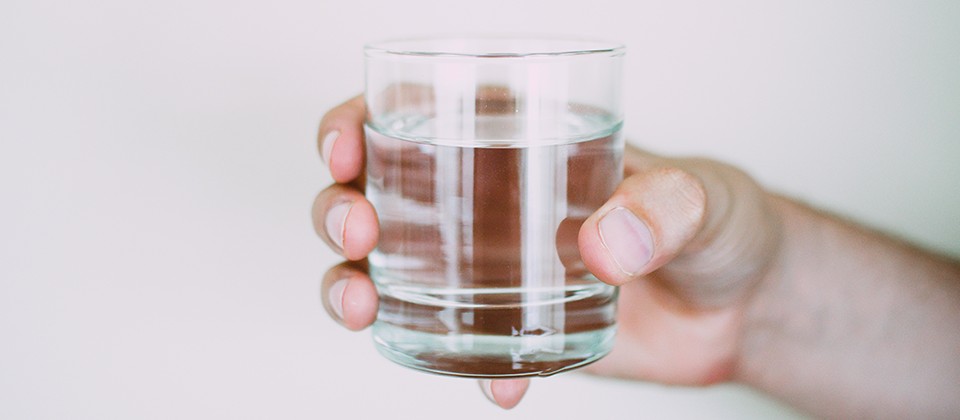Scales in the sink, unpleasant odours in the plumbing, discoloured baths, and faded clothes are just some of the common problems that may occur from hard water. Did you realise that drinking hard water might affect your health in ways that aren’t as immediately apparent as these other issues? If you’ve tried all the best skin and hair care products without success but still feel like something is missing, hard water might be the culprit. Drinking too much water, especially water with a high mineral concentration, may lead to similar problems.
How would you define “Hard Water”?
Hard water is water that contains a lot of minerals, usually cations like calcium and magnesium and sometimes anions like manganese. The main minerals in hard water are calcium and magnesium. Water that has naturally passed through rocks rich in calcium carbonate and magnesium carbonate, such as limestone and chalk, produces hard water due to the presence of these minerals. The water becomes more mineralized as a result.
The harmful effects of hard water on one’s body and mind
Water with a high mineral concentration is called “hard water,” and it often contains a lot of calcium and magnesium.
- Hard water may be formed in a number of ways, including the existence of natural mineral deposits in underground aquifers and the addition of chemicals during industrial processing.
- If you have access to hard water, drinking it poses no serious health hazards and is quite safe to do so. However, harsh water may contribute to dry skin and hair. If you often wash your hair with harsh water, you may be irritating your scalp.
- Hard water’s mineral content may also affect your skin’s pH, rendering it less of a defence mechanism against infectious microbes. It’s possible that those with eczema are more vulnerable.
You should look into installing a water-softening system in your home if you often have dry skin and hair. If this isn’t possible, a dermatologist might recommend moisturising lotions and hair care products to help reduce the impact of hard water on your skin and hair.
Can hard water cause any skin problems?
One of the most noticeable effects of hard water is skin irritation, which may lead to problems like eczema. In addition to causing dryness, using hard water may also lead to the appearance of rough patches. Problems with the skin’s appearance may be traced back to the water’s high mineral content. Therefore, it is important to check the water’s hardness and the presence of calcium and magnesium. In cases when the quantity of these minerals is higher than expected, a water softener installed in the bathroom may alleviate many of the issues brought on by hard water. The hardness of the water is reduced by the water softener, which does so by removing various minerals from the water.
The Positive Effects of Soft Water on the Skin
If your skin has been acne-prone or dry and irritated, a water softener installation might be helpful. When you use soft water, soap scum and froth are much easier to wash off your skin. Soap residue may be easily cleaned off with soft water, which aids in the efficient functioning of the products you use. Soap scum, which may create blocked pores in the skin, will be eliminated as a result. Having access to soft water also means you may use less soap for cleaning and other purposes. Having a water softener installed at home may save you a lot of money on skin care items like lotion and body wash.

